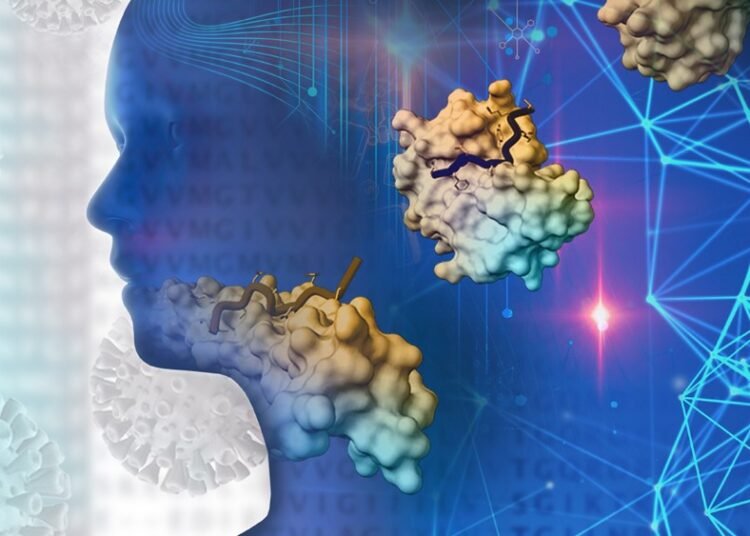By Jeffie Mathew
We all would have felt this feeling of confusion, disorganised thinking, lack of focus and mental clarity from time to time. This is called as Brain fog which is synonymous with fuzziness, scatterbrain, or mental fatigue. Mental health professionals refer to it as chronic cognitive and mood problem that includes a cluster of symptoms such as decrease in mental energy, trouble focusing and multitasking, difficulty in retrieving information, etc.

Brain fog has been seen as this abstract concept, but there are structural changes in the brain during brain fog. According to research done by Theoharides et al (2004), brain fog may be caused by inflammatory substances such as adipocytokines and histamine released from mast cells, which further activate microglia and cause brain inflammation. Brain fog can also be detected by neuro-imaging techniques such as MRI and CT scans.
There are various reasons for brain fog. It can occur as an associated symptom of chronic health conditions, some of which are Alzheimer’s, Postural Tachycardia Syndrome, Multiple Sclerosis, and Hyperthyroidism. Even sixty nine percent of the major cognitive issue addressed by Long covid patients was brain fog. Mental conditions such as PTSD, Depression and GAD generate symptoms of anxiety that may impede cognitive performance, causing brain fog.
Brain fog can be brought on by lifestyle factors such as stress, lack of sleep, excessive screen time, large consumption of stimulants such as caffeine and alcohol, processed foods, and constant multitasking.
How to treat Brain fog?
Chronic and persistent symptoms of brain fog ought to be consulted by a physician. If the brain fog is only temporary and occurs only occasionally, and the cause, such as tiredness or stress, can be identified, it can be managed by making some lifestyle changes
Start with the basics – Examine your basic health behaviors such as your sleep, diet and Exercise. Sleep acts as the brain’s self-cleaning cycle. Therefore, the more rest we give the brain, the more time it has to heal. Unhealthy eating habits leads to a leaky gut which can cause brain fog. Maintaining gut health is important because our gut produces 95 percent of neurotransmitters which is imperative for cognitive functioning. Properly chewing your food, avoiding highly processed meals, controlling your blood sugar levels, and consuming fermented foods can all contribute to a healthy gut. Exercise not only helps in maintaining a healthy physique, but it is extremely beneficial for our brains too. According to studies, exercise lowers the risk of memory issues, enhances mood and cognitive function and helps in overcoming anxiety and depression. In that case, even one mile of daily walking could improve the way you think, feel, and act.
Single-tasking-Doing one task at a time helps you approach a problem more attentively and finish it quickly instead of bombarding your brain with numerous tasks at a time. People might say that multitasking is efficient but several studies have shown that multitasking leads to cognitive overload, a decrease in the efficiency of tasks, and a reduced ability to filter out irrelevant information.
Mindful Meditation– Mindful meditation helps to reduce your mind’s wandering and helps you focus on the here and now, ultimately improving goal-directed attention. A quick Five-minute focus meditation can help reduce anxiety and fatigue levels.
Reduce interaction with electronics– Studies show that excessive screen time can affect our memory and other cognitive functions. The blue light emitted by these gadgets suppresses melatonin, which regulates the sleep-wake cycle. Reduced production of melatonin means that our body no longer knows when it is supposed to be asleep, which messes with our body’s internal clock. Hence, setting time limits and keeping track of your screen time should be considered.
Our physical, psychological, and social health are more intricately connected than we previously imagined and incorporating tiny lifestyle adjustments focused on nutrition, sleep, Exercise and meditation are better ways to care for our brains.
The writer is Consultant Psychologist, Medall Mind
Follow Health In Five on LinkedIn, Facebook, Twitter & Instagram
Subscribe on WhatsApp & Telegram to receive real time updates







































